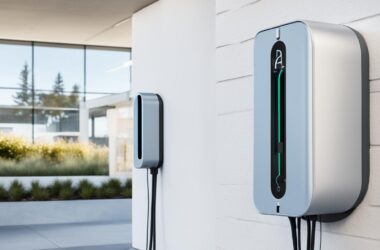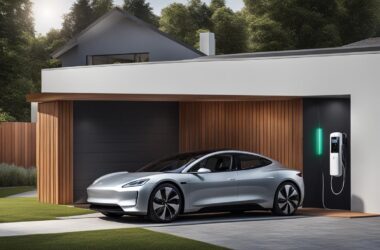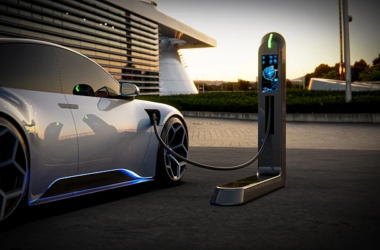Considering an electric vehicle (EV)? Concerned about potential spikes in your electricity bill? Let’s delve into the details and explore ways to manage charging costs effectively.
Understanding the Impact on Monthly Bills
For most individuals, a 10% to 15% increase in monthly electricity bills is typical when charging an electric car, especially under off-peak or dynamic pricing tariffs. This translates to an extra £7.50 for every £50 spent. The key factor in managing costs is the type of electricity unit rate you pay and the volume of units consumed.
The Most Expensive Charging Option at Home
Charging an electric car using a standard rate tariff, currently priced at 29p per kWh according to the energy price cap, proves to be the costliest home charging option. To assess the financial viability of switching to an electric vehicle, calculating the cost per mile in your Internal Combustion Engine (ICE) car is crucial.
Choosing the Right Tariff: The Hybrid Model
Selecting an Electric Vehicle (EV) tariff from providers like British Gas, E.ON, or Octopus Energy can significantly reduce your electricity bill. These tariffs offer cost-effective options tailored for EV owners, combining the benefits of human and automated advice.
Additional Cost-Cutting Measures
- Solar Panels Integration: While requiring an initial investment, solar panels can contribute to long-term cost savings by utilizing solar energy to charge your EV. Chargers like Zappi v2.1 and ongoing innovations, such as Ohme’s solar integration, enhance control over your solar feed.
- Off-Peak Charging Rates: Off-peak rates, typically lower overnight, provide substantial savings. Two-rate and single-rate tariffs offer options, with two-rate tariffs often proving more economical.
Breaking Down the Numbers
Using a standard unit rate of 29p/kWh, an average EV driver’s monthly consumption of 158 kWh costs £45.82. Opting for off-peak rates of 7.5p per kWh reduces this to £11.85. With an expected 10% to 15% increase, individuals paying £140 monthly can anticipate an additional £14 to £21.
Cost Comparison with ICE Cars
Utilizing tools like Fleet News Fuel Cost Calculator helps determine your ICE car’s cost per mile. Comparing this with EV charging costs, even with a standard rate tariff, often favors electric vehicles.
EV Tariffs and Specialized Plans
Many energy providers offer specific EV electricity tariffs. When comparing plans, consider off-peak hours, unit rates, standing charges, and potential incentives. Ensure your home charger is compatible with smart pricing, enhancing cost efficiency.
Conclusion: Informed Choices for Sustainable Driving
While concerns about increased electricity bills with an EV are valid, strategic choices can mitigate the impact. Shopping for an EV-friendly tariff, incorporating off-peak charging, and exploring renewable energy options contribute to a sustainable and economical EV ownership experience. The key lies in understanding your consumption patterns, available tariff options, and leveraging technologies that align with your goals.








